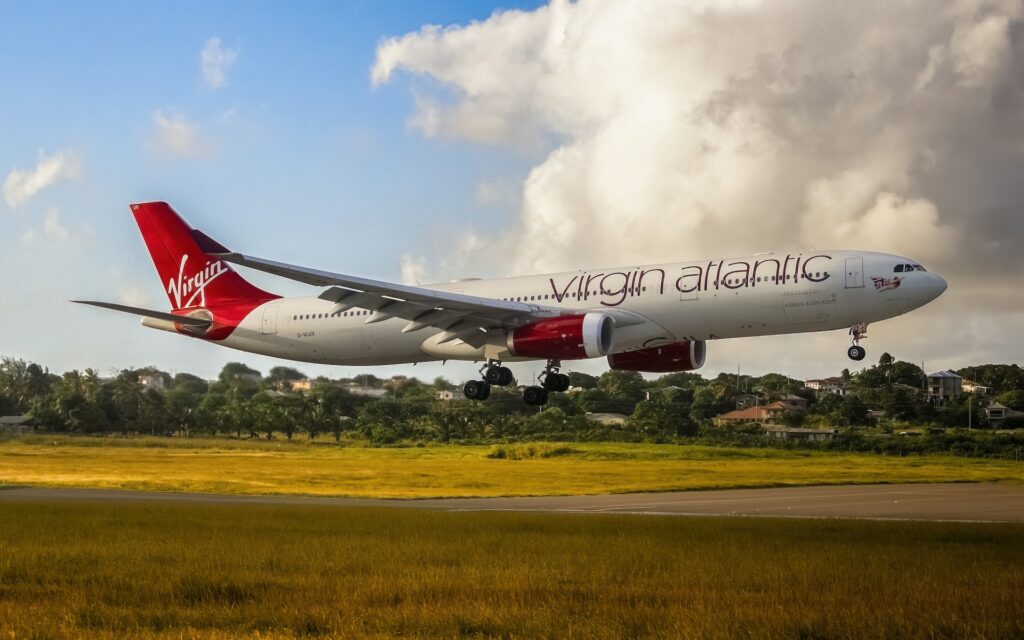


1 December, 2023
This week, a Virgin Atlantic dreamliner, fuelled entirely by sustainable aviation fuel (SAF), flew from Heathrow to JFK, New York, in what has been widely lauded as an industry first.
Signifying an important step towards decarbonisation and the aviation industry’s net zero 2050 target, the flight’s use of SAF resulted in a 70% reduction of the average carbon footprint associated with conventional fuel. For those unfamiliar with SAF, its fuel comprised of a blend of hydro-processed esters and fatty acids (HEFA) and synthetic aromatic kerosene (SAK), or in simpler terms, waste fats and plant sugars. And while technology like green hydrogen-powered flight remains distant in the future, SAF can be used now.
However, SAF currently accounts for just 0.1% of global jet fuel volumes, reflecting the vast scaling required to create a mere dent in the 5% of global greenhouse gas emissions that aviation is responsible for. In fact, for the aviation industry to meet its net zero commitment, SAF production would have to be ramped up from its current 300 million litres a year to 450 billion litres, a shift that would require significant investment and momentum from the industry, policymakers and government.
There is also speculation surrounding quite how ‘sustainable’ or scalable SAF really is. Current estimates of SAF emissions fail to account for the emissions associated with its inputs, such as livestock or land use, and the fact that meeting the UKs aviation fuel demand would require over half of the UKs farmland. So it’s important to note that SAF hasn’t simply solved the challenge of whether air travel can ever be sustainable. And in marrying the worlds of aviation and sustainability, it also distances us further from the reality that flying less (or at least, flying mindfully) is really the best solution out there for the climate.
Nonetheless, as Richard Branson said this week ‘The world will always assume something can’t be done, until you do it’. We need many solutions, not just one, to the climate crisis. Virgin’s flight reflects the exciting emergence of a viable alternative to conventional fuel, showing how innovation and investment can start to illuminate the challenge of what a sustainable future could look like.
By Rosie Serlin